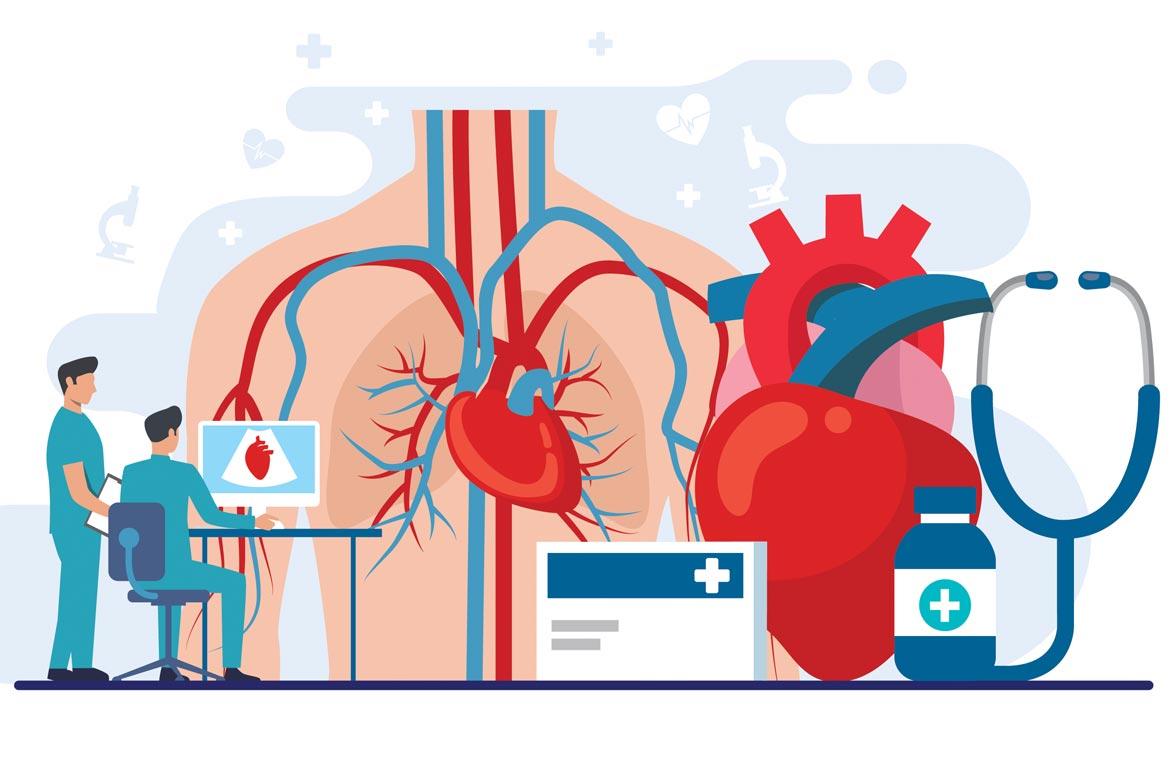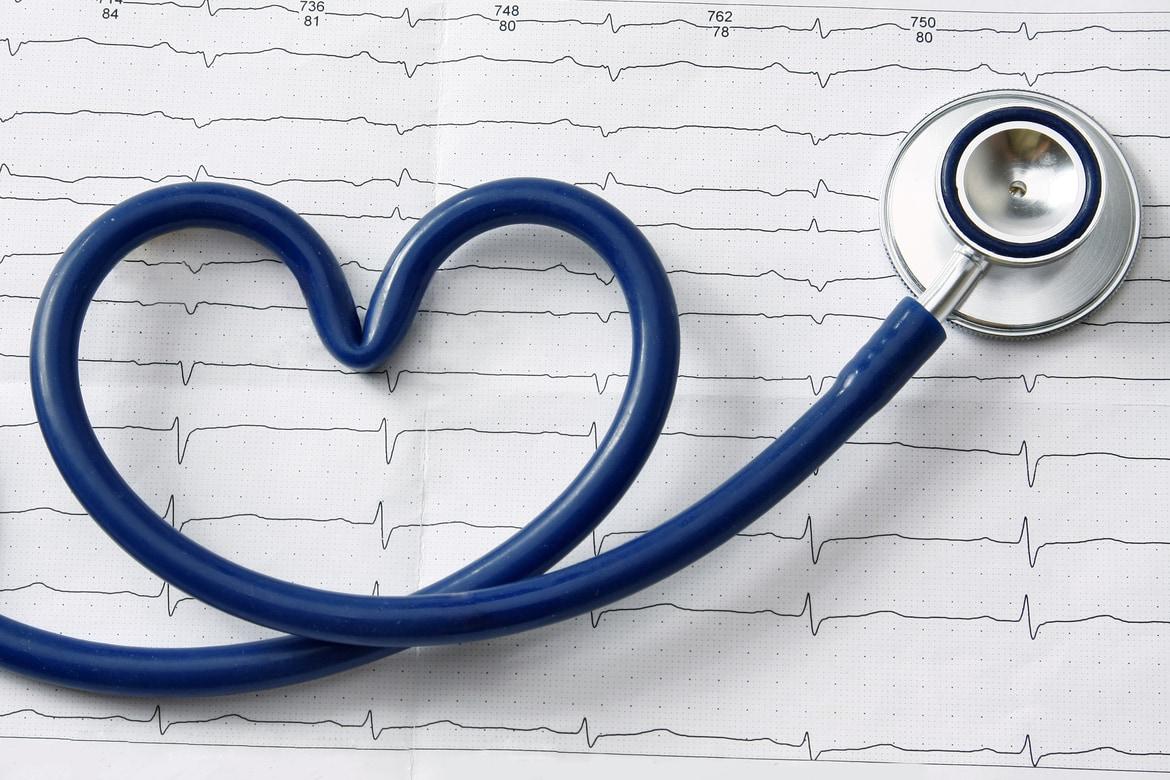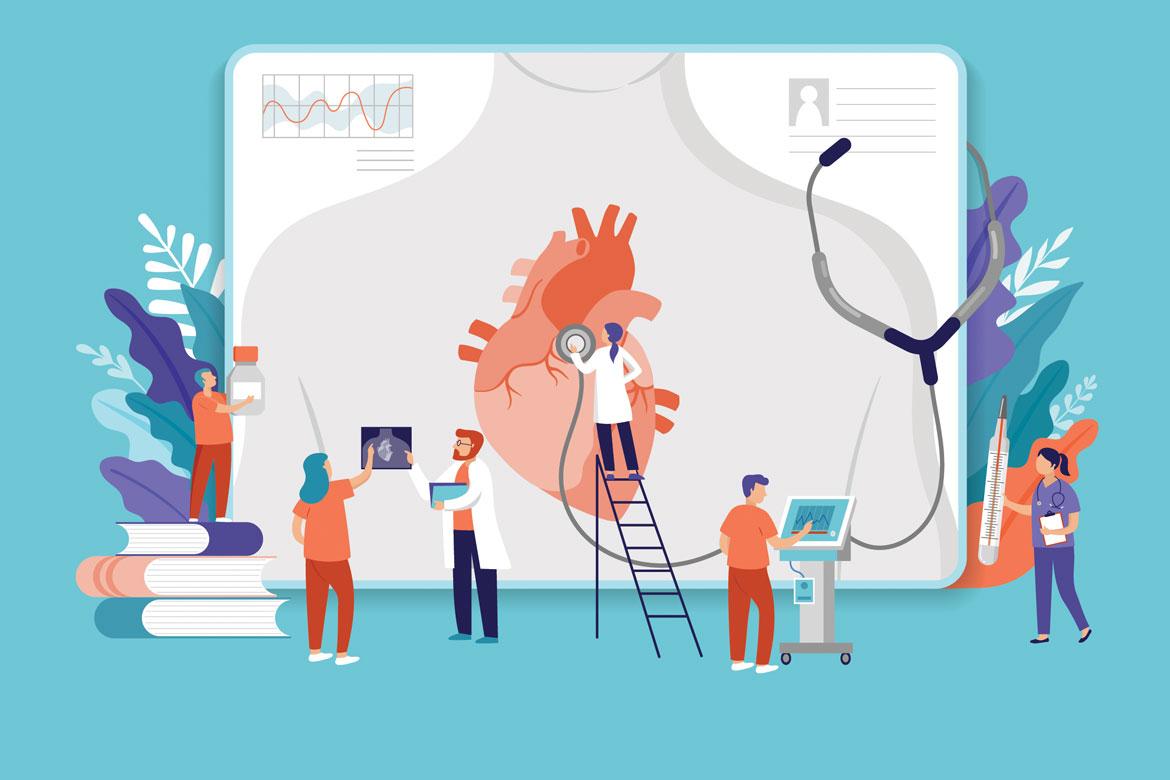What is irregular heart rhythm treatment?
Irregular heart rhythm treatment aims to treat heart arrhythmias, a condition where the heart beats:
- Too slowly (below 50 beats per minute)
- Too quickly (above 100 beats per minute)
- At an irregular pace
There are several kinds of arrhythmias. Of these conditions, atrial fibrillation (also called AF or AFib) is the most common type of arrhythmia; it tends to affects those aged 60 years and older.
Depending on your age, overall heart health, and any underlying causes of arrhythmia, your treatment may include one or more of the following:
Lifestyle changes
Lifestyle changes can improve overall heart health and manage other underlying conditions such as high blood pressure and heart disease.
These lifestyle changes include:
- Exercising regularly.
- Eating heart-healthy foods.
- Avoiding nicotine, alcohol, caffeine, dietary and herbal supplements.
- Managing your blood pressure and blood sugar.
- Maintaining a healthy weight, which also helps to manage symptoms of atrial fibrillation and improve the results of catheter ablation.
- Managing stress and sleep disorders.
Medication
To restore normal heart rhythm and prevent a relapse of arrhythmias, anti-arrhythmic medication may be given to:
- Slow the transmission of impulses
- Suppress abnormal firing of pacemaker tissue
Other medications such as blood thinners, calcium channel blockers, beta blockers or anticoagulants may also be prescribed to lower blood pressure and reduce the risk of blood clots and stroke.
Cardioversion
Cardioversion converts an abnormally fast heart rate to a normal rhythm. There are 2 forms of cardioversion:
- Chemical cardioversion, which uses medication.
- Electric cardioversion, which uses electrical shocks sent through electrodes to the heart. This takes less time than chemical cardioversion.
Additional procedures are often needed to maintain a normal heart rhythm.
Catheter ablation
Catheter ablation is a non-surgical procedure that ablates (removes) the affected area of the heart.
It is the most common type of irregular heart rhythm treatment for atrial fibrillation. It is also an option for ventricular fibrillation and for those at risk of sudden cardiac arrest.
Catheter ablation is recommended when the arrhythmia cannot be controlled by medicine or cardioversion.
Pacemaker implantation
If your arrhythmia is serious, you may need a permanent cardiac pacemaker. A pacemaker works by continuously monitoring the heart rhythm. If there is an abnormal heart rate, the pacemaker will emit an electrical charge to reset the heart to a normal rhythm.
A pacemaker may be recommended for those who have had or are at risk for cardiac arrest.
Cardioverter-defibrillator (ICD) implantation
If your arrhythmia is serious, you may need an implantable cardioverter defibrillator (ICD). An ICD is a small battery-powered device.
This device is smaller than a deck of cards and contains a small computer that monitors the heart rate and delivers small electrical shocks when needed to regulate any electrical problems
An ICD is able to perform cardioversion, defibrillation and pacing of the heart.
Using an ICD does not reverse heart disease, but can reduce the risk of cardiac arrest. ICD is the preferred treatment for patients at risk for sudden cardiac death due to:
- Ventricular fibrillation, where the heart's electrical impulses are rapid and chaotic. This causes the lower chamber of the heart to quiver ineffectively instead of pumping blood to the body.
- Ventricular tachycardia, a condition where the heart rate is fast and abnormal. This does not allow the lower chamber of the heart to fill and contract efficiently, making it difficult to pump enough blood to the body.
Surgical ablation
Surgical ablation, also known as a maze procedure, is a major surgery done under general anaesthesia. Surgery is usually done only when all other treatments have not been successful.
During the surgery:
- Small incisions, radiowaves, freezing, or ultrasound energy are used to create scar tissue in the heart muscle.
- This scar tissue does not conduct electrical activity so the abnormal electrical signals causing the arrhythmia are blocked.
- The scar tissue directs electric signals through a controlled path of scar tissue (the maze) to the lower heart chambers (ventricles).
A maze procedure may be done through small cuts in the chest or as open-heart surgery.
If you are already doing heart surgery (e.g. coronary artery bypass or valve repair or replacement), your surgeon may recommend surgical ablation as a concurrent procedure.










